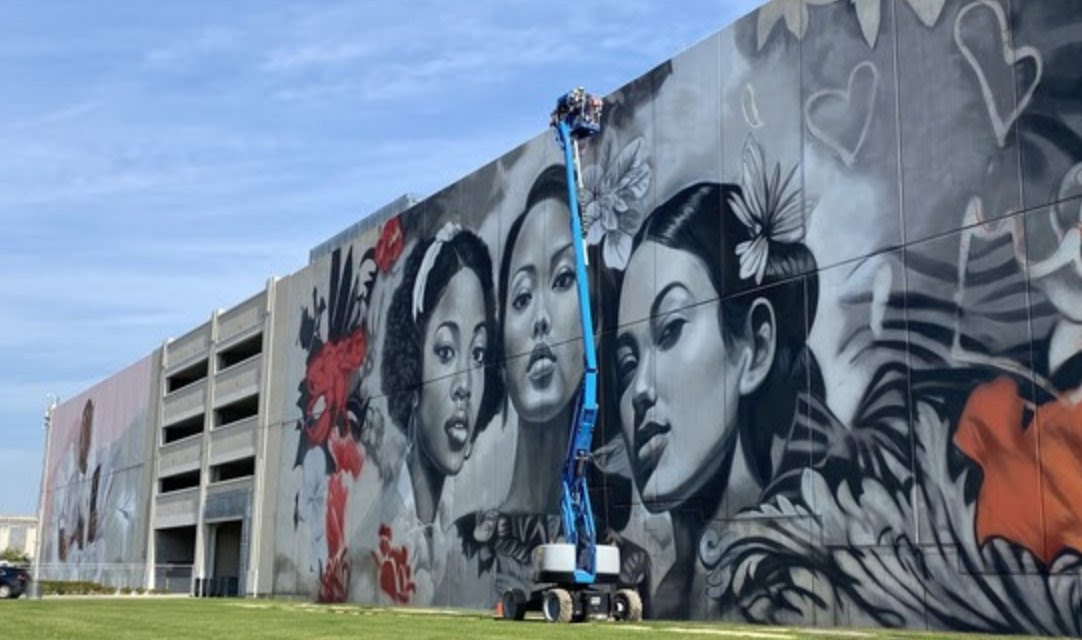Over at BridgeDetroit is that handsome devil Malachi Barrett’s weekly CIty Council Notebook, his round-up of topics discussed and voted upon at the City Council meeting. This week…
Detroit won’t pay for rouge murals
The City Council refused to pay a New York nonprofit $215,000 for six murals intended to spruce up downtown ahead of 2024 NFL Draft that were painted without approval.
Council Member Angela Whitfield-Calloway said Detroit taxpayers shouldn’t pay for murals on private property, especially when the City Council doesn’t have oversight. “Mr. Ilitch is one of the building owners, maybe we can send him a bill,” she said.
Lawmakers consider amusement tax plan
“Detroit is one of the most-visited cities in the country for its cultural and sporting events,” she said. “We (should) ensure that those who benefit from Detroit’s attractions also contribute to its well-being.”
[State Sen. Sylvia] Santana’s bills would have charged a 10% admission fee on events with more than 500 people, including sporting events, festivals, zoos, theaters and museums. School events were exempt, including college athletics.
Bus drivers get a pay bump
Pay increases are welcome news for users of the bus system, as low pay is frequently cited as a reason behind a driver shortage that causes fewer buses to run. Mayor Mike Duggan said wage increases are part of a broader strategy to improve service.
The union’s collective bargaining agreement with the Detroit Department of Transportation doesn’t expire until next year. ATU Local 26 President Schetrone Collier said the raises are important, but the union is going back to the table in 2025 to seek more.
Zoning change prevents heavy industry
The City Council reduced the zoning classification by two steps, going from an intensive industrial district to a restricted industrial district. That may not sound very different, but Council Member Scott Benson said it will make a huge difference for residents living near the site.
Benson said the city should continue reducing zoning at intensive industrial sites as the city embarks on its first Master Plan since 2009. Benson said the M4 intensive industrial zoning allows for potentially dangerous uses like incinerator plants and hazardous waste facilities.


